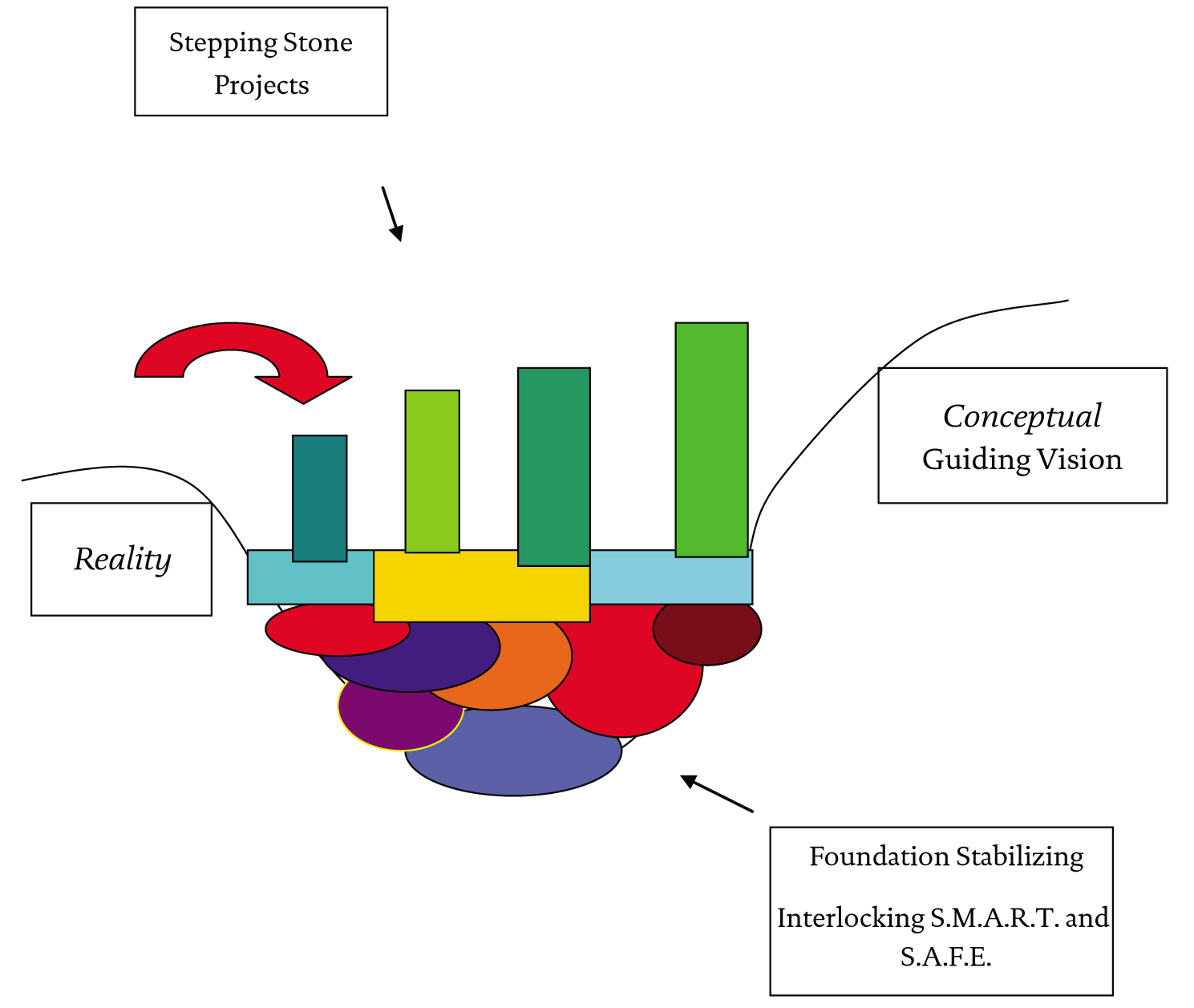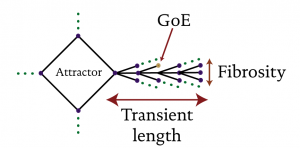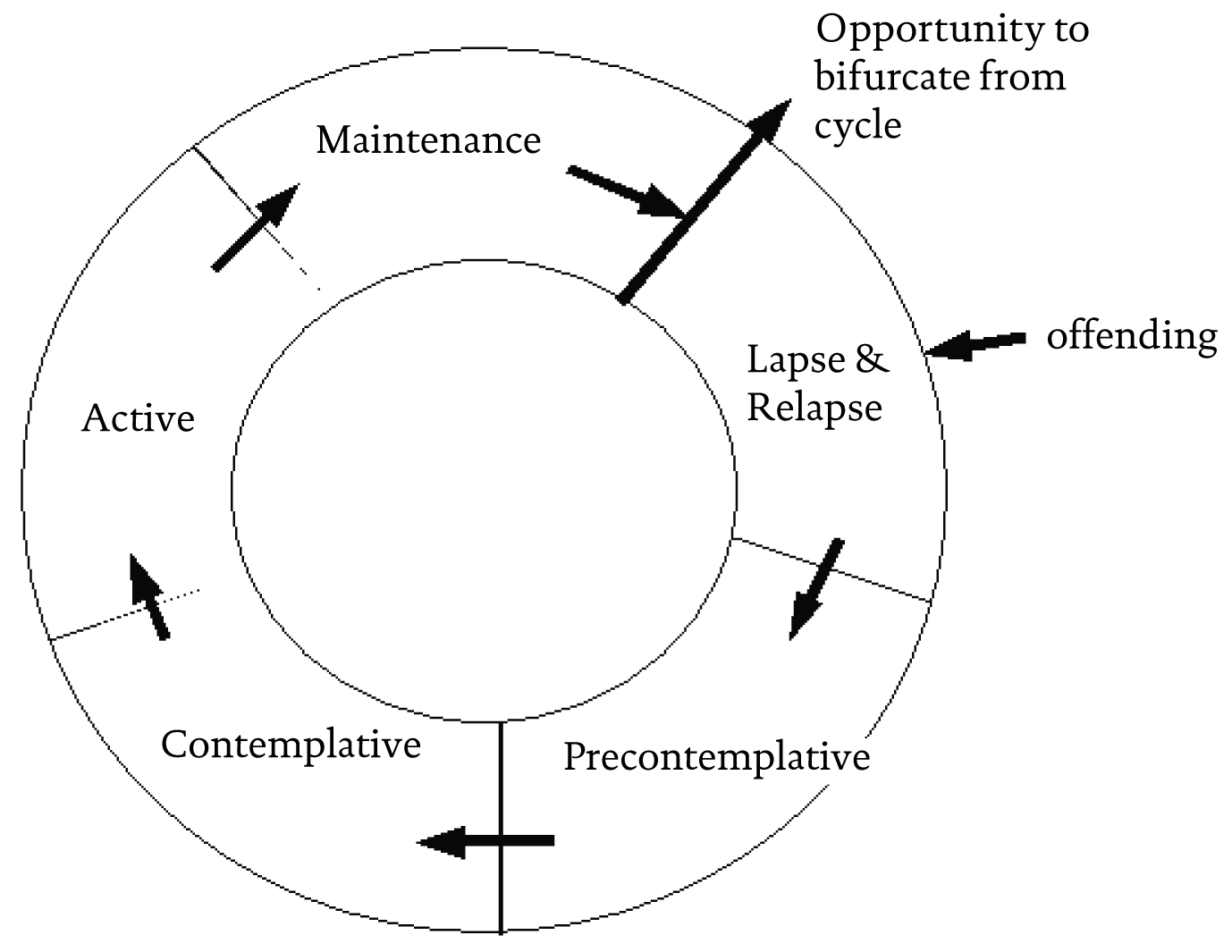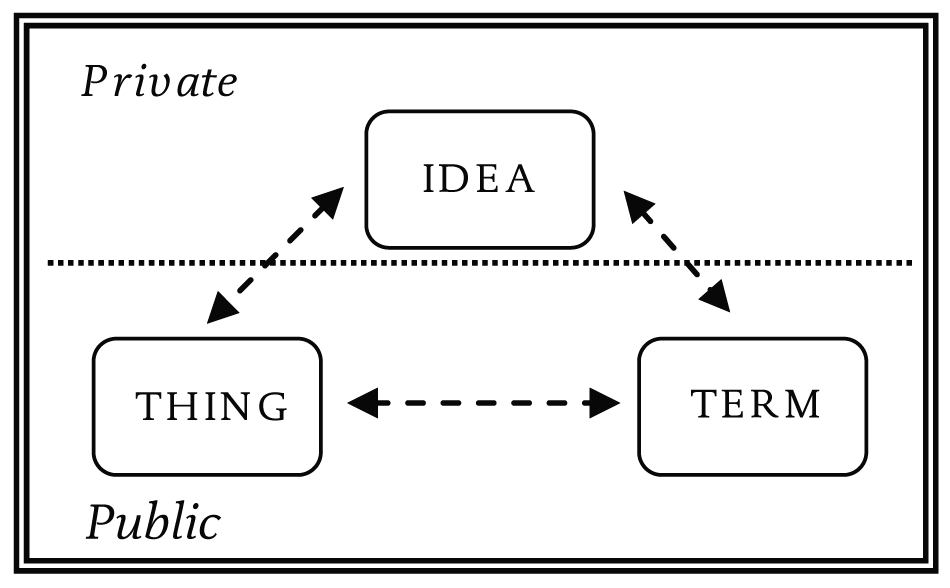Guest Edited by: KURT A RICHARDSON, WENDY J. GREGORY, GERALD MIDGLEY
Issue Articles
ACADEMIC
Mutual empathy, ambiguity, and the implementation of electronic knowledge management within the complex health system*
Healthcare can be characterized as a complex adaptive system. New Zealand is recognized as having one of the highest rates of enmeshed clinical information and communication technology within this complex system. This paper describes the implementati... Read More
with MARTIN ORR SHANKAR SANKARANPRACTITIONER
Complex systems, governance and policy administration consequences*
This paper combines insights from literature on complex systems theory and the conjunctive state, applies them to new challenges facing public administrators in metropolitan areas, and tests them in a case study of the Peace Officers Association of L... Read More
with JACK MEEK JOE LADURANTEY WILLIAM NEWELLPHILOSOPHY
Emergence and computability
This paper presents a discussion of the possible influence of incomputability and the incompleteness of mathematics as a source of apparent emergence in complex systems. The suggestion is made that the analysis of complex systems as a specific instan... Read More
with FABIO BOSCHETTI RANDALL GRAYACADEMIC
Systemic planning: Dealing with complexity by a wider approach to planning
On the basis of the author’s latest book, Systemic Planning, this paper addresses systems thinking and complexity in the context of planning. Specifically, renewal of planning thinking on this background is set out as so-called systemic plannin... Read More
FORUM
From complicated to complex:
A common assumption in the ‘modern’ era is that ‘being connected’ can only be a good thing for individuals and for businesses, and even nation states and continents. This short article aims to explore this assumption with the ... Read More
PRACTITIONER
A complexity view of three Maori tribal groups of the South Island of New Zealand and the Moriori of the Chatham Islands
Indigenous tribal groups can operate as complex adaptive systems. Tribal members are then autonomous agents interacting intensely among themselves and with their environment. Technology, social structure, economics, education, and so on develop over ... Read More
with VICTOR MACGILLPHILOSOPHY
Ecology is not rocket science
Ecology is the foundation of the methods used in conservation, pest, rangeland, forest and fisheries management. A theme among many ecologists is the need to justify the science as a rigorous discipline. Coupled with this is the notion that physics r... Read More
with DALE LOCKWOODACADEMIC
Complexity challenges of critical situations caused by flooding
In cases of flooding many authorities and organizations become involved and it can be a problem to take in the whole situation and have a common picture when many incidents are happening at the same time. There is also a lack of efficient tools that ... Read More
with VIVECA ASPROTH ANITAFORUM
Systems Thinking for Community Involvement in Policy Analysis
This paper is the text of a presentation to the 1st International Workshop on Complexity and Policy Analysis delivered by Gerald Midgley and transcribed and edited by Kurt Richardson. It charts the development of systems thinking since the 1960s, ide... Read More
with GERALD MIDGLEY KURT RICHARDSONFORUM
Systems theory and complexity: Part 4. The evolution of systems thinking
No abstract available
Read Article
PRACTITIONER
Transforming education: Evidential support for a complex systems approach
This paper documents the findings of research into a rare example of successful school-based education reform. The reform commenced within the South Australian Department of Education and Children’s Services in 1999 and is ongoing. It drew expl... Read More
EDITORIAL
Editorial introduction to the special double issue on Complexity Thinking and Systems Theory
No abstract available
Read Article
PRACTITIONER
A complexity perspective on work with offenders and victims of crime*
Internationally, cognitive behavioral theories form the foundation of work with offenders, because they have proved to be the most effective in bringing about changes and reducing levels of reoffending. As with any theory, the original theory has bee... Read More
with VICTOR MACGILLCLASSIC PAPER
The theory of complex phenomena
No abstract available
Read Article
FORUM
"Don't dis' the ants, man!" Acknowledging the place of ants, termites, birds, and bees
Complexity science literature abounds with anecdotes from the life sciences. Ants, termites, birds, and bees have been a popular choice of metaphor and provided inspiration in the development of simulations beneficial to learning and technological de... Read More
with CAROL WEBB FIONA LETTICE IP-SHING FANPHILOSOPHY
Complexity theory applied to itself
This paper describes how complexity theory can be applied to itself at a metaphorical level to generate ideas about complexity, including proposals for modeling the evolution of complexity theory and treating computer modeling as a part of complexity... Read More
with ROBIN NUNN





